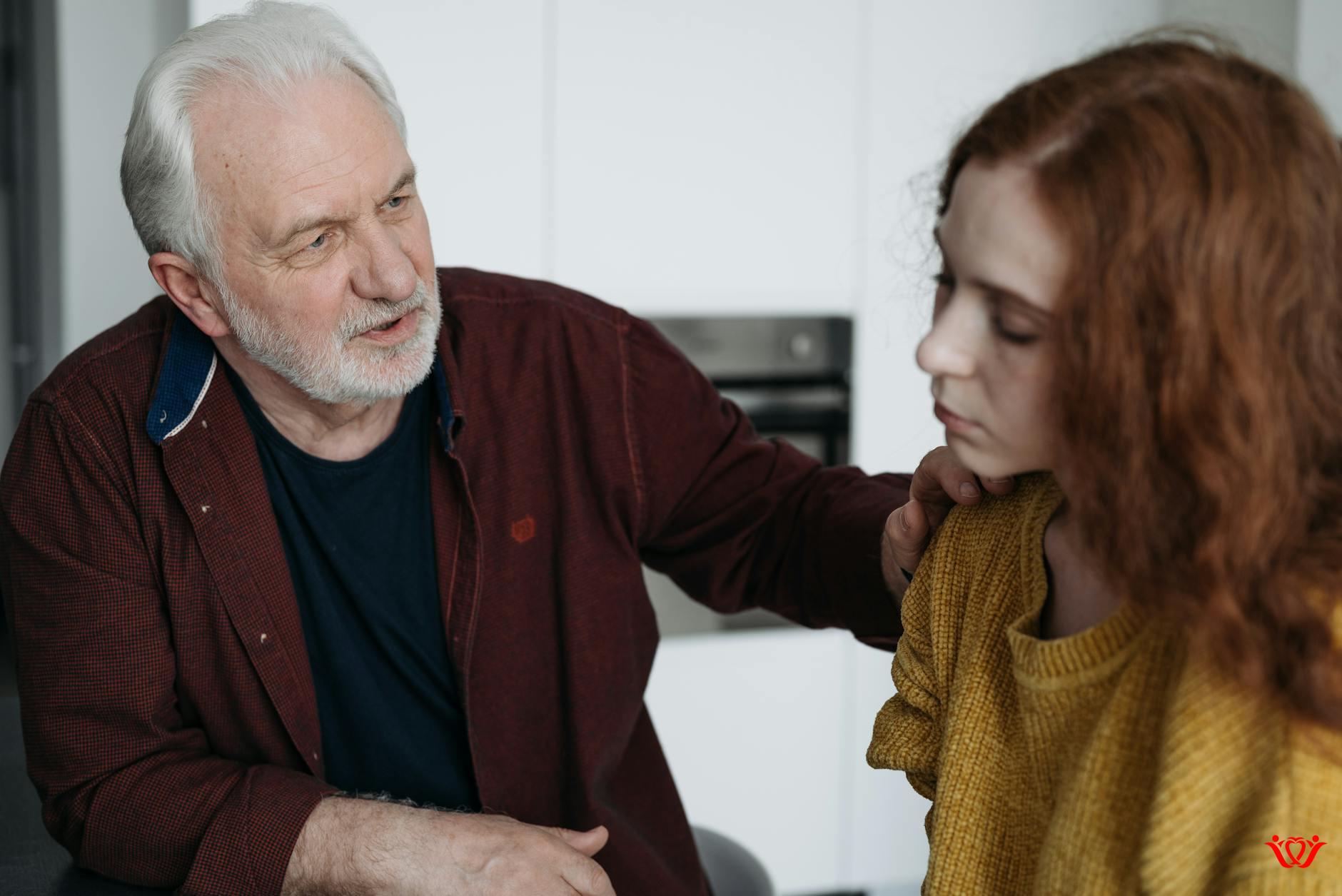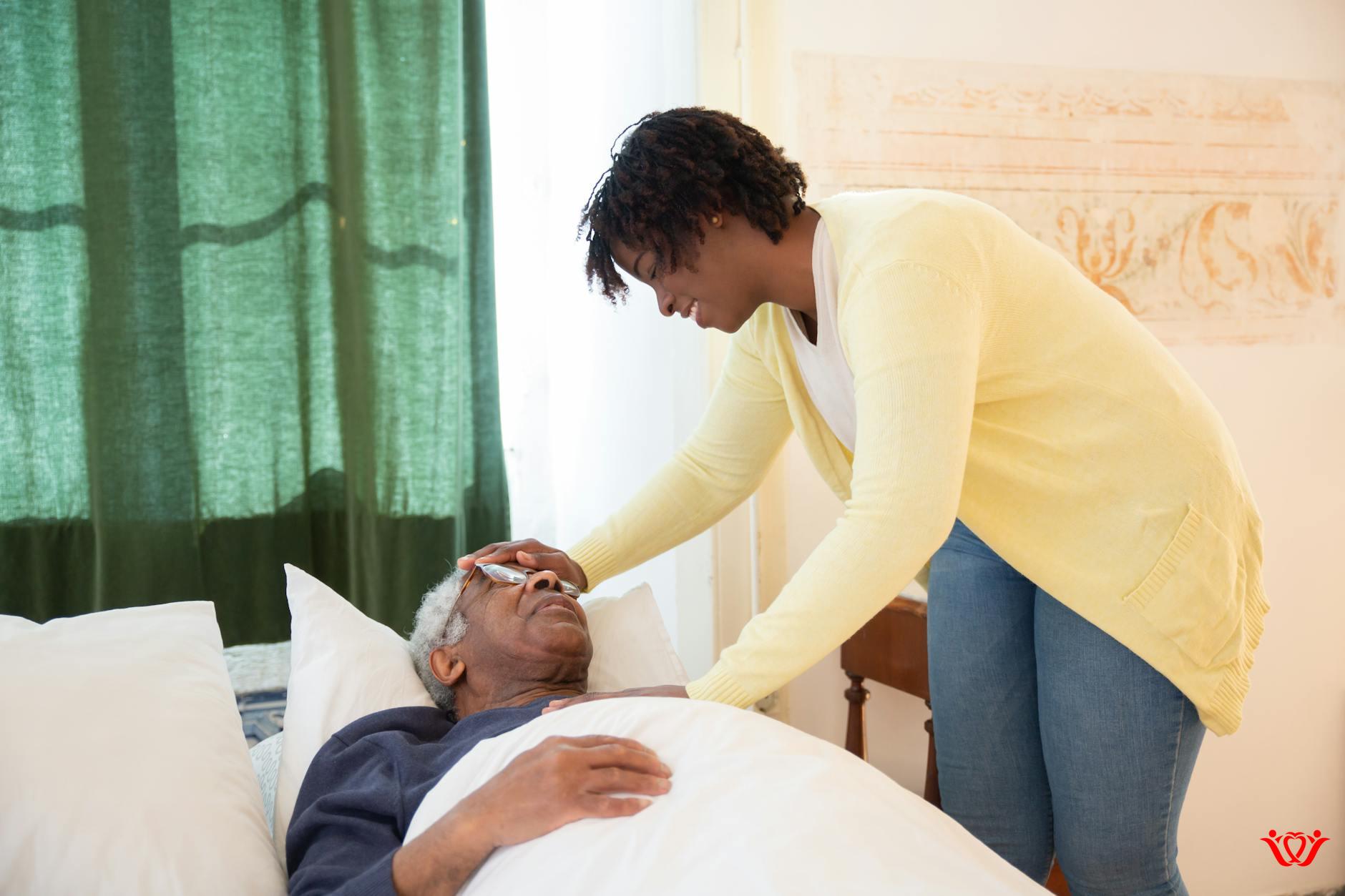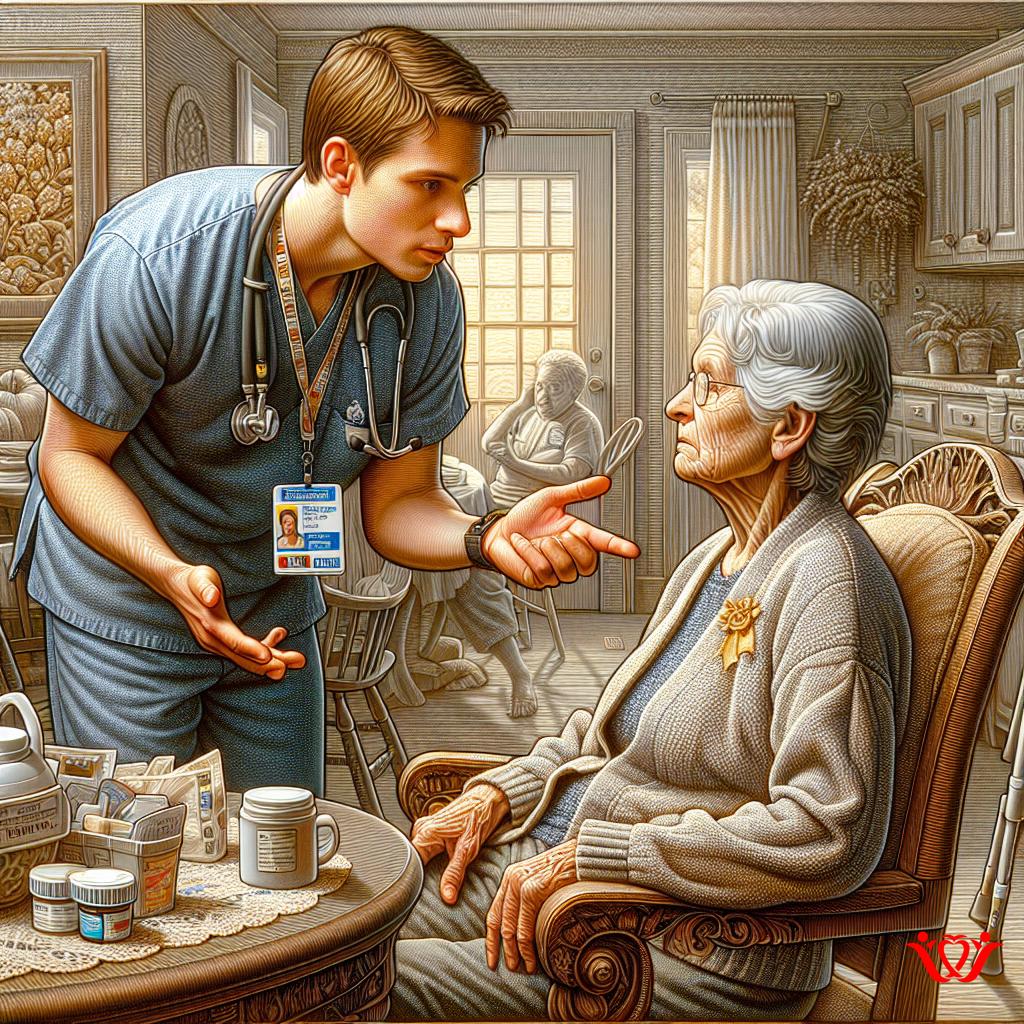
The Unimaginable Grief of Caregiver Loss
Caring for a loved one is a deeply personal journey, filled with both joy and hardship. When that journey ends with the patient’s passing, the grief experienced by the caregiver is often profound and multifaceted. It’s a loss that extends beyond the immediate relationship; it’s the loss of a routine, a shared life, and often, a sense of purpose.
This experience is unique to each caregiver, shaped by the nature of the illness, the length of care provided, and the individual’s support system. Understanding the complexities of this grief is the first step toward healing.
Stages of Grief and the Caregiver Experience
While the five stages of grief (denial, anger, bargaining, depression, and acceptance) are a common framework, they aren’t always linear. Caregivers may experience these stages in a different order, or cycle through them repeatedly. The intensity and duration of each stage also vary significantly.
Understanding the unique challenges:
- Sudden loss vs. anticipated loss: The emotional impact differs greatly depending on whether the death was unexpected or anticipated after a long illness. Anticipated loss may involve a period of adjustment and preparation, but this doesn’t lessen the pain.
- Guilt and self-blame: Caregivers often grapple with feelings of guilt, questioning whether they could have done more. These feelings are common but often unwarranted.
- Physical and emotional exhaustion: The physical and emotional toll of caregiving can leave caregivers vulnerable and depleted after a loss, intensifying their grief.
Practical Steps for Coping with Loss
Navigating grief after a patient’s passing requires both time and self-compassion. It’s important to acknowledge your feelings and seek support.
Prioritizing Self-Care:
- Allow yourself to grieve: Don’t suppress your emotions. Cry, scream, or express your sorrow in healthy ways.
- Seek professional help: A therapist or grief counselor can provide invaluable support and guidance during this difficult time. Consider exploring grief support groups for caregivers.
- Engage in gentle self-care: Prioritize sleep, nutrition, and light exercise. Even small acts of self-care can make a difference.
- Reconnect with loved ones: Lean on your support network – family, friends, or community groups. Let them help you.
Addressing Specific Challenges
The challenges faced by caregivers are deeply personal and vary greatly. Recognizing these challenges is a critical step towards effective coping mechanisms.
Managing Guilt and Self-Blame:
It’s natural to question your actions after a loved one’s death. Remember that you did the best you could with the resources and knowledge available. Talking to a therapist can help process these feelings and replace self-blame with self-compassion.
Coping with Physical and Emotional Exhaustion:
Caregiving is physically and emotionally demanding. After a loss, it’s essential to rest and replenish your energy. This might involve taking time off work, delegating tasks, or seeking respite care services before the death of your loved one. Remember to prioritize your physical and mental health.
Finding Meaning After Loss
The loss of a patient can leave a void in a caregiver’s life. Finding meaning and purpose after such a significant loss is a crucial part of the healing process. This process is deeply personal and takes time.
Honoring their Memory:
Create a lasting tribute to the person you cared for. This could be anything from planting a tree to establishing a memorial scholarship. Engage in activities that celebrate their life and the memories you shared.
Rediscovering Your Identity:
Caregiving often consumes a person’s identity. After a loss, it’s important to rediscover your own interests and passions, allowing yourself to pursue activities that bring you joy and fulfillment. Reconnect with hobbies or explore new ones.
Resources and Support
Many organizations offer support and resources for caregivers experiencing loss. These resources can provide practical assistance and emotional support during your grieving process.
The National Alliance for Caregiving is a great place to start, offering information and support for caregivers. Additionally, searching online for “bereavement support groups” or “caregiver grief support” can connect you with local resources.
The Long Road to Healing
Healing from the loss of a patient takes time. Be patient with yourself and allow yourself to grieve in your own way and at your own pace. Remember that seeking support is a sign of strength, not weakness.
This journey is deeply personal. Prioritizing self-care, seeking support, and honoring the memory of your loved one are essential steps toward healing and finding renewed purpose. You are not alone.






0 Comments